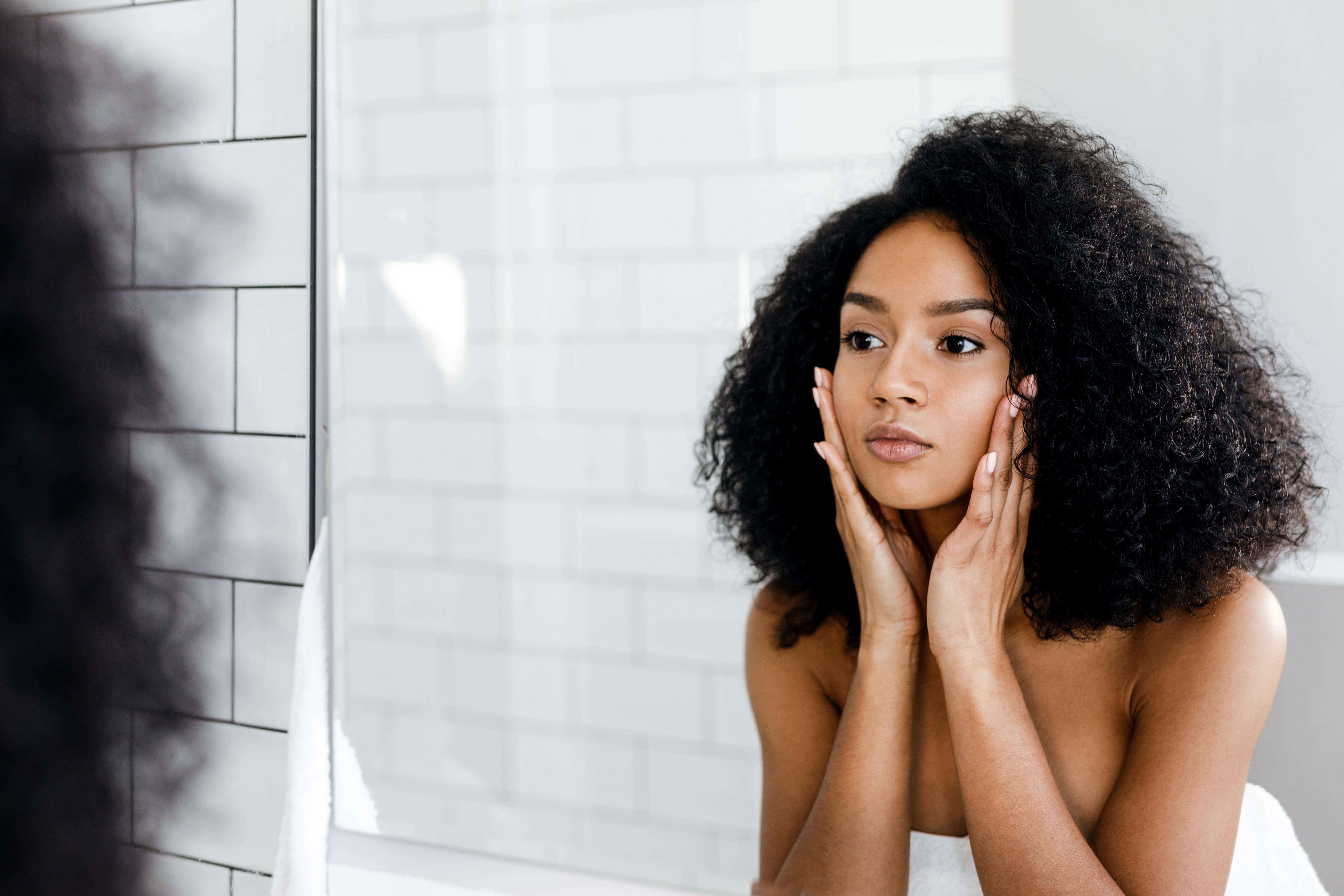Acne Scars
Acne needs to be stable for a minimum of 6 months before acne scar treatments can be started. While it may not be possible to eliminate your acne scars, we have treatments at O’Neill Cosmetic Dermatology in Mississauga to help improve their appearance.
What we can do
We typically recommend a combination approach:
- Skin resurfacing to promote healing below the skin
- Dermal fillers to help lift and plump indented skin
- IPL to decrease redness or pigmentation associated with acne scars
- Microdermabrasion or chemical peels to improve skin texture and tone
- Therapeutic skin care products to help control future breakouts
Treatments for acne scars are not covered by OHIP.
Trusted Acne Scar Dermatologist in Mississauga
Board certified dermatologist, Dr. Karen O’Neill, has the expertise and training to help address your acne scars. Active acne outbreaks are frustrating, but the scars acne can leave behind can create a lifetime of unhappiness and distress. The good news is that we have many options to help your acne scars.
Most importantly, you must address and treat active acne first. Any new acne breakout can lead to new acne scars.
It is important to tailor your treatment to your type of acne scars:
Depressed or Atrophic Scars
A depressed scar sits below the surrounding skin. Atrophic scars are most common on the face. They form when not enough collagen is made while the acne wound is healing. There are 3 types of depressed scars:
- Boxcar scars: wide, U-shaped scars with sharp edges. They can be shallow or deep.
- Ice pick scars: narrow, V-shaped scars that are very deep. They can look like a tiny round or oval hole. These are the most difficult to improve as they extend deep below the surface of the skin.
- Rolling scars: wide depression, with round edges and irregular shapes.
Raised or Hypertrophic Scars
Raised scars are most common on the chest, shoulders and back. They stand above the surface of the surrounding skin. They are the result of too much collagen being produced during healing.
Dark Spots
Discoloration left behind after a pimple clears is not a true scar. Dr. O’Neill refers to these red, brown or purple marks as a stain. They may take months to fade on their own.
Do Acne Scars Go Away?
The short answer is it depends. The type and depth of the acne scar determines if it will improve with time alone, or with medical therapy. Most acne scars are permanent to some degree. This is why it is important to start acne treatment early, before scarring begins.
How to remove acne scars
The goal of acne scar treatment is to improve the scars: many acne scars can not be removed completely. Although this may sound discouraging, even improving an acne scar by 50% is often a WOW.
Therefore, preventing acne scars in the first place is critical. You’re less likely to develop acne scars if you break out less. Seek medical attention early. Do not pick, squeeze or pop your pimples. Although tempting, manipulating a pimple can irritate the skin and damage the underlying tissue, which can lead to scars.

Dr. O’Neill will assess your acne scars, and create a customized treatment program that may include:
- Resurfacing using Venus Viva
- IPL photorejuvenation or laser to improve discoloration
- Fillers to plump up and smooth out depressed scars
- Corticosteroid injections to flatten raised scars
- Subcision to lift a depressed scar by loosening the fibers beneath it
- Microdermabrasion or chemical peels to improve mild textural irregularities and tone
- At home treatment using medical grade skin care to improve skin discoloration and texture, and prevent future breakouts.
We know skin! We look forward to helping you achieve beautiful, healthy skin.
Providing you with an individualized comprehensive skin health program.
Get In Touch
Dr. Karen O’Neill, FRCPC
Cosmetic Dermatologist
2145 Dunwin Drive, Unit 6
Mississauga ON, L5L 4L9
Do you have questions? I have answers! Fill in the form and submit.
All information is kept confidential.

